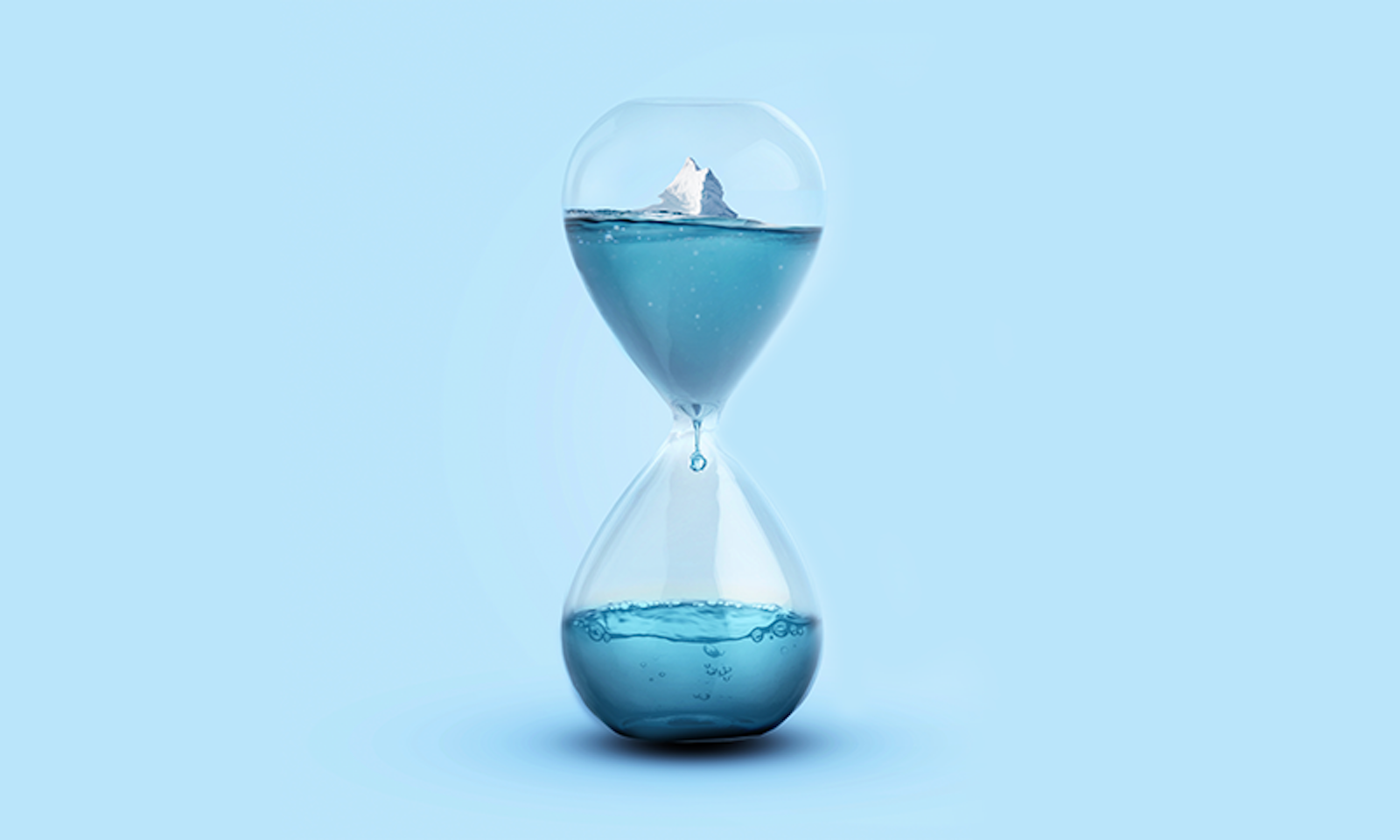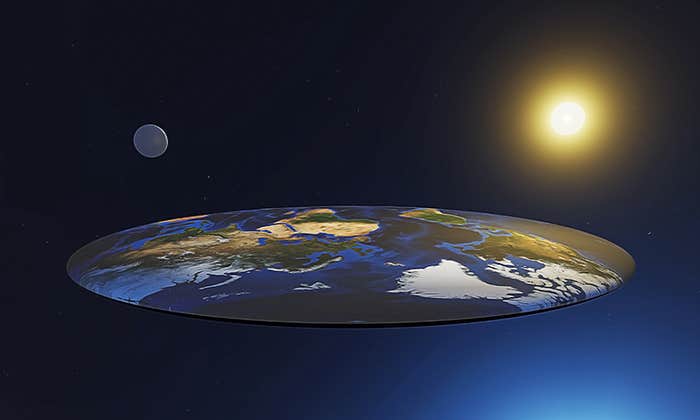One question for Matthew Birkhold, author of Chasing Icebergs: How Frozen Freshwater Can Save the Planet and an associate professor in the department of Germanic languages and literatures at The Ohio State University.

Is Earth running out of freshwater?
If we project into the future a little bit to 2030, the global demand for freshwater will exceed supply by 40 percent. Currently, 107 countries lack a sustainably managed water source. And two-thirds of the world’s population in just seven years are going to face regular water shortages. There’s this growing, growing crisis. And it’s easy for people like me to forget about it. So I always like the opportunity to remind people, you know, we’re extremely privileged here. And a lot of people are going to suffer and die because of a lack of freshwater.
How are icebergs going to solve the water crisis? It’s part of the story that we receive about icebergs that they are either really dangerous objects, which they are undoubtedly, or these mythical mystical rarefied gems that are so special that we should just look at them. In reality, icebergs contain a tremendous amount of freshwater. Two-thirds of freshwater on planet Earth is locked away in the poles and ice caps and glaciers. And all we need is a few icebergs to really make a dent into this problem. An iceberg that’s 2,000 feet long and 650 feet wide could supply all of Cape Town, South Africa with water for an entire year. So the question then, is: How do we get that iceberg water to the people who need it?
The answer, I think, is Ed Kean in Newfoundland. It’s these funny guys who are harvesting icebergs off the coast of Canada. They have a lot of the secrets for us because they figured out how to approach these dangerous objects and how to wrangle them into submission. The Canadian ice patrol thinks about icebergs as migrating from the western coast of Greenland down iceberg alley along the Labrador coast there. So we just need these cowboys to go out and capture them for us. The way you do it depends on who you are. If you’re Ed Kean in Newfoundland, you might shoot an iceberg with a gun to break off a piece of it. If you’re an oil company, you’re trying to wrap a big net around icebergs and then slowly nudge them into the right trajectory away from your oil rig.
One of the reasons I want people to know about what’s going on in Newfoundland is that often when iceberg towing makes it into the news, it’s treated as a joke. This isn’t a new idea. It was popular in the 1970s. There was an international conference organized and the brightest minds got together. And the conclusion was: This is the stuff of science fiction. The good news is we’re not stuck in the 1970s. The technology has developed that now we can actually do this. If we look at what oil companies and entrepreneurs are doing, we see that people have managed to find the technologies to actually get the iceberg water. We have the satellites now to locate icebergs and ideal locations. We have a better understanding of the oceans and climate change and ocean eddies. People have done modeling.
Alan Condron at Woods Hole Oceanographic Institute, for instance, has shown you can get an iceberg all the way from Antarctica, to South Africa, or to the Middle East, and it’s not going to melt. It’s going to be big enough. I’m trying to convince people this isn’t a joke, and we need to stop taking it as a joke, and think seriously about the possibility of icebergs as a freshwater source. ![]()
Lead image: Alones / Shutterstock





















